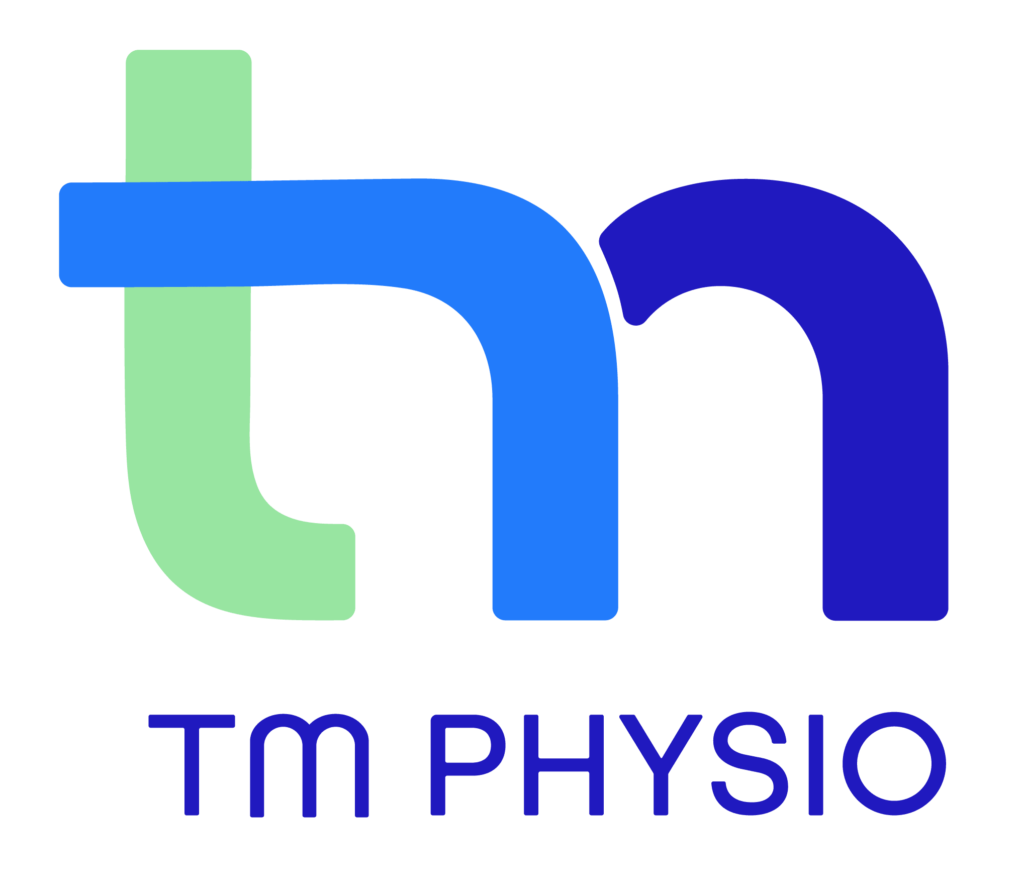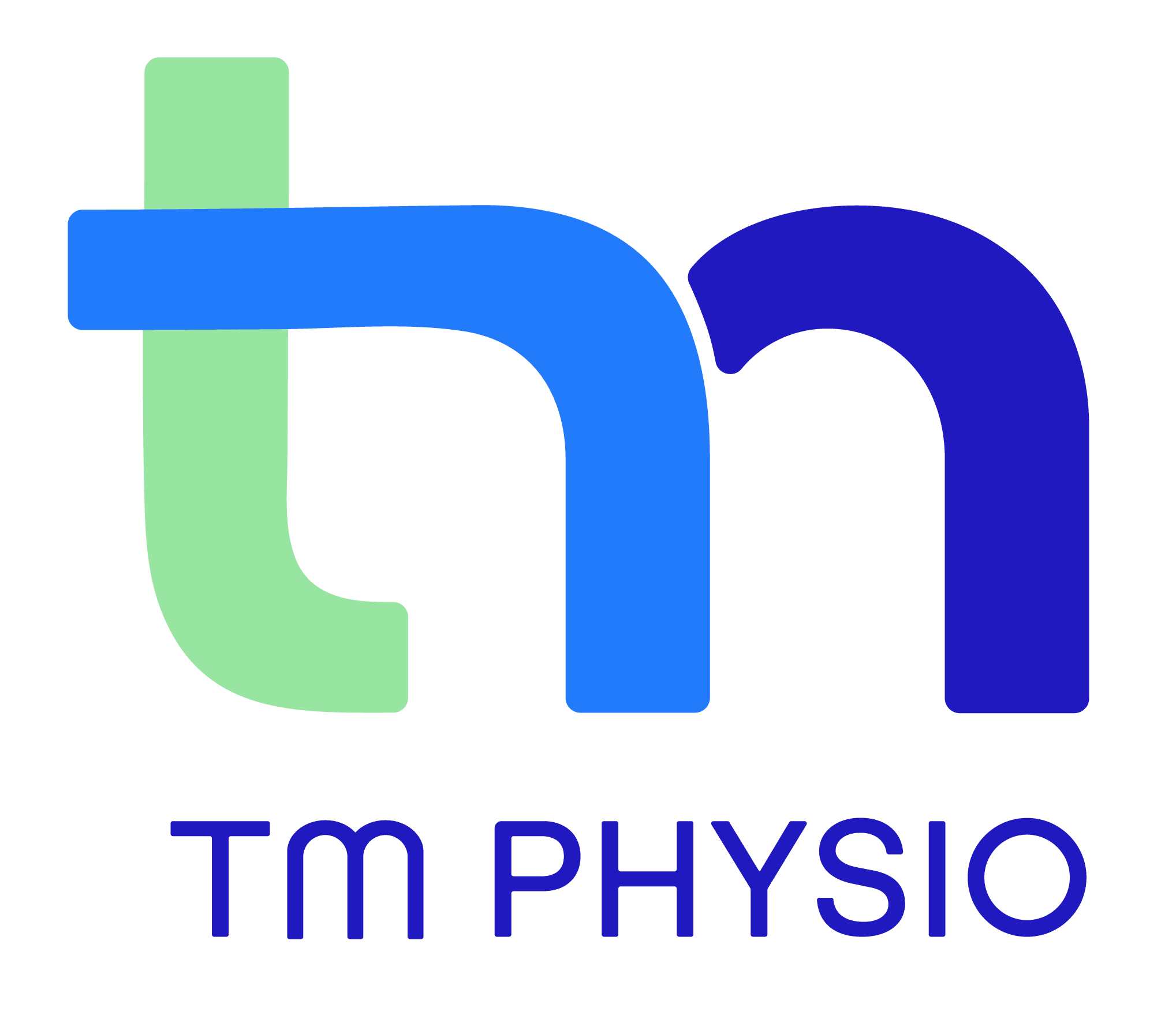No, exercise will not cure or prevent COVID-19 or any other flu or virus. Exercise can however improve our immune systems function and it’s response to the virus alongside a number of other positive health effects. Exercising for Immunity is today topic.
Below are 3 key health topics which are important at this very time;
Immune System
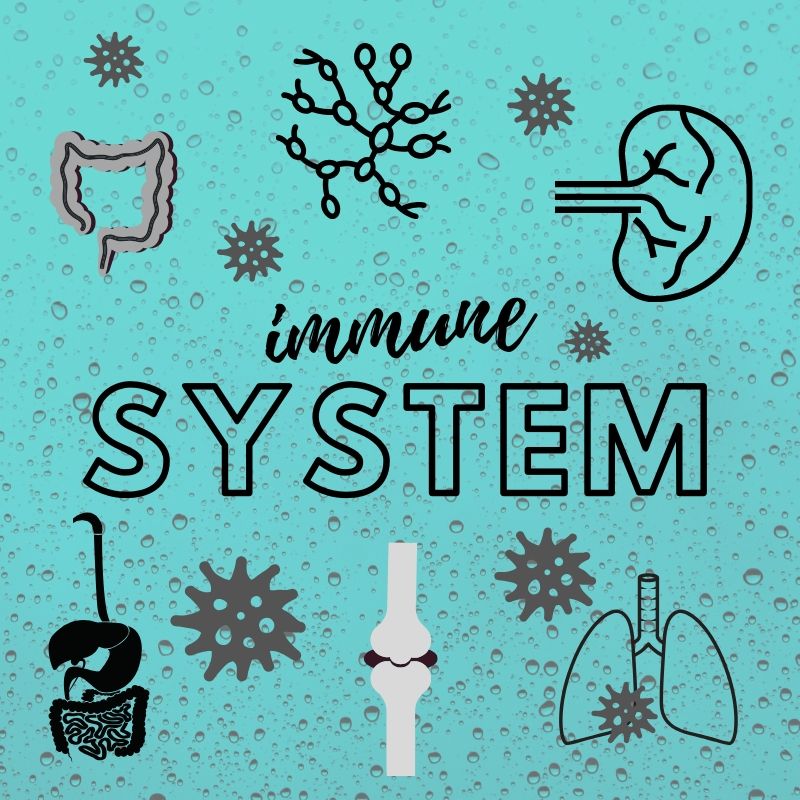
Aerobic exercise has long been known to improve our immune systems function. This helps our body fight viral infections and the like, and is well documented amongst those undergoing chemo and radiotherapies. However on the flip-side. Very hard, anaerobic exercise (think lots of repeated sprints!) or very hard prolonged exercise can actually decrease our bodies immune system function. This is due to our body being physically depleted and working hard to recover that our natural defense mechanisms are more vulnerable. A balance of a few short bursts of high intensity within a more steady workout are perfect.
Respiratory System
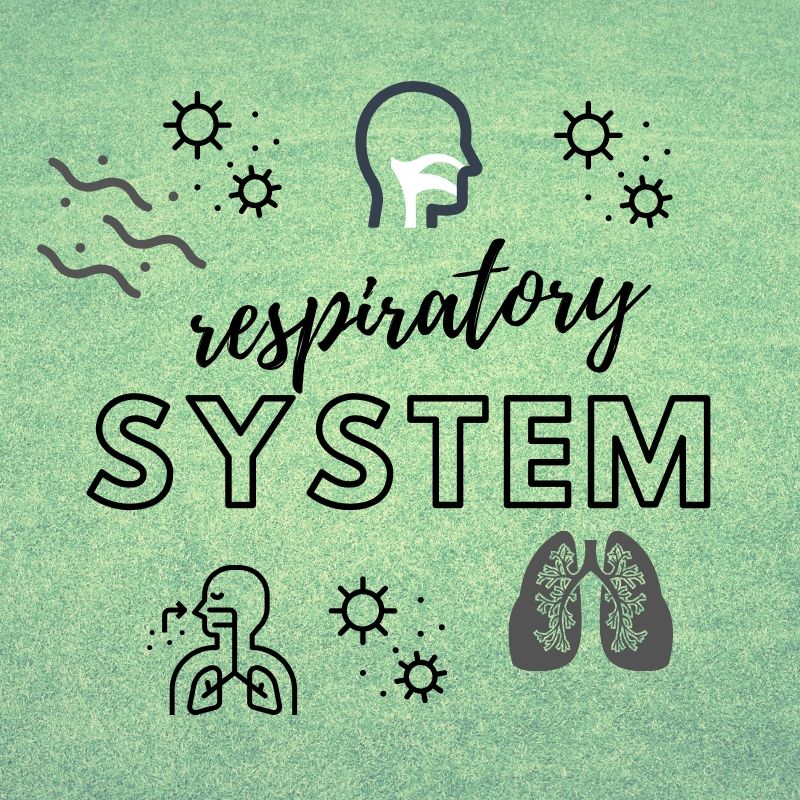
Regular aerobic exercise is for maintaining our respiratory function. This means looking after our airways (mouth, nose) and lungs We need to keep this system strong and reliable as it helps us clear pathogens (germs) and provide vital oxygen to our bodily tissues and organs. With the current virus largely affecting our respiratory systems, now is not the time to withdraw from exercise. If we can’t exercise, breathing exercises and techniques can still be useful to help clear pathogens and secretions which may form. But for those who can exercise, that will be the preference. Exercise can be as simple as walking up and down the corridor if that’s all you can manage.
Psychological Well-Being
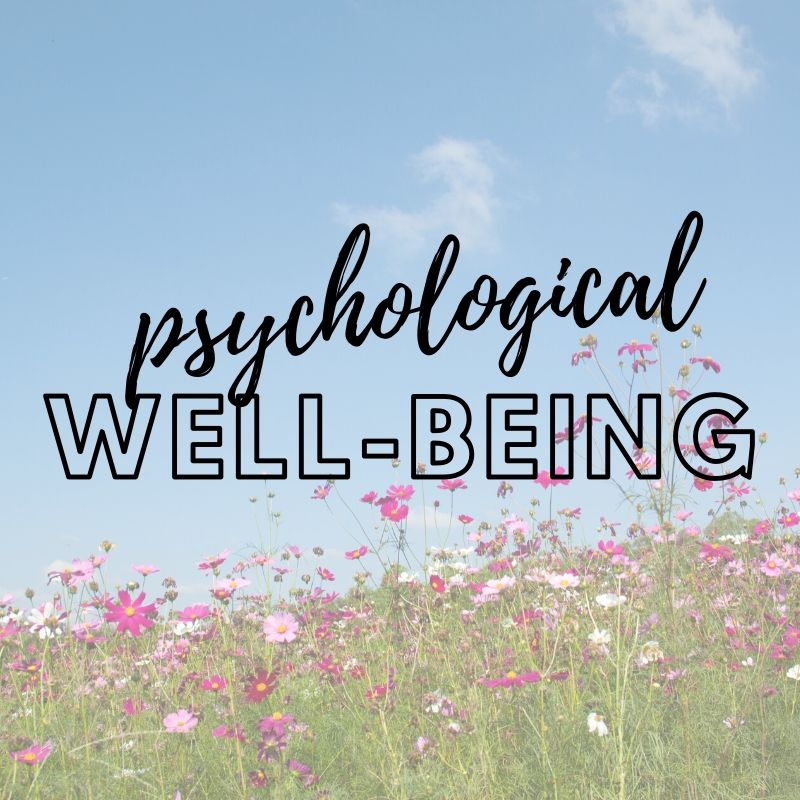
Times of change and great uncertainty are typically things we as humans don’t handle to well. We strive to be in control, and be in the know. For the most, this was likely the case. However, currently we are living under great uncertainty and many feel a lack of control causing stress and anxiety. It’s important to acknowledge that these are very normal feelings at the best of times, and even more so given the current circumstances. And if you or someone you know is struggling it’s important that you are aware of help that is available out there for you. Don’t be afraid to ask.
Meanwhile exercise is one great strategy that can help alleviate feelings of stress and anxiety. This works even better, if you pick an exercise or activity you enjoy. It may be a walk, a dance to your favorite song in your living room, or it may even be playing on your Nintendo Wii Fit. The advice is, stay active, get your heart-rate up and find something you enjoy.
Take Home Tips

- Exercising regularly will help improve our immunity, respiratory system and our psychological well-being.
- Pick an exercise you enjoy.
- Aim to get the heart-rate up to 60-70% of max heart rate. Max heart rate = 220 – age.
- Be active with heart-rate raising activity for a cumulation of 30mins per day. If you haven’t done 30mins before, start with 5-10minutes and build from there.
- Now is not the time to exert yourself till you go blue in the face, or do an all-day marathon.
- The first 2 hours after exercise is when our body is most susceptible to infections, so don’t be silly, wash your hands, stay inside and eat some food to help with recovery.
- If you can’t exercise some simple breathing exercises can help clear pathogens in our lung.
- Wash your hands and any equipment after use.
- Exercise will never replace good hygiene and social distancing practice
If you or anyone you know are struggling with participating in at home exercise strategies, require guidance or a more structured program, let the team at TM Physio help, now available through Telehealth, video consults or book an appointment in clinic with one of our physios.
